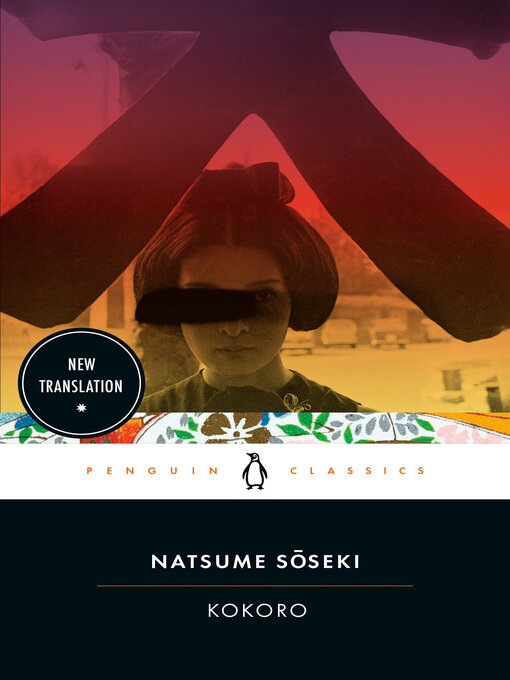- Available now
- Mysteries Available Now
- Thrillers Available Now
- Fantasy Available Now
- Science Fiction Available Now
- New eBook additions
- New kids additions
- New teen additions
- Most popular
- Try something different
- See all
- Available now
- Mysteries Available Now
- Thrillers Available Now
- Fantasy Available Now
- Science Fiction Available Now
- All Audiobooks
- New audiobook additions
- New kids additions
- New teen additions
- Most popular
- Try something different
- See all
- NEW! Popular Magazines
- Food & Wine
- Newly Added Magazines
- News & Politics
- Fashion
- Hobbies & Crafts
- Celebrity
- Cars & Motorcycles
- Tech & Gaming
- Sports
- Home & Garden
- See all


